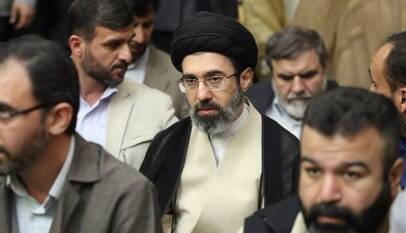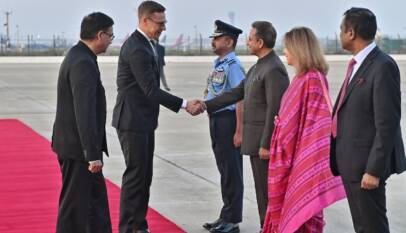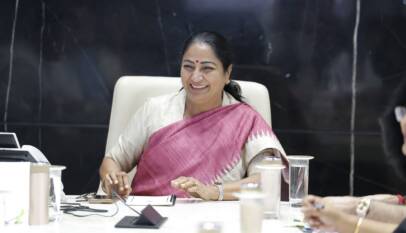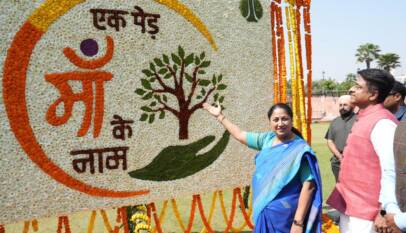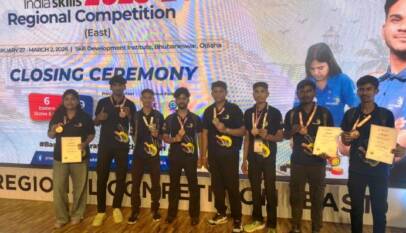Pope and Imam of Southeast Asia’s Largest Mosque Unite to Combat Violence and Protect the Planet
Pope Francis and the Grand Imam of Southeast Asia’s largest mosque, Nasaruddin Umar, jointly called for action against religiously motivated violence and urged protection for the environment during Francis’ visit to Indonesia on Thursday. This appeal for interfaith friendship was a significant moment in the Pope’s visit to the country.
Later that day, Pope Francis celebrated a lively Mass in Jakarta’s stadium before a crowd of approximately 100,000 people. Attendees cheered enthusiastically as the Pope circled the track in his popemobile.
The morning began with an interreligious event at Jakarta’s iconic Istiqlal Mosque, where representatives of Indonesia’s six officially recognized religions—Islam, Buddhism, Confucianism, Hinduism, Catholicism, and Protestantism—gathered. At the heart of the event was the symbolic “Tunnel of Friendship,” an underpass connecting the mosque to the neighboring Catholic cathedral, a testament to Indonesia’s commitment to religious freedom.
Indonesia, home to the world’s largest Muslim population, has faced challenges with religious violence, though religious freedom is constitutionally guaranteed. Pope Francis, during his 11-day tour of Southeast Asia and Oceania, emphasized the need to fight religious extremism and encouraged initiatives that foster interfaith cooperation.
A personal bond between the Pope and Imam Umar was evident as they exchanged gestures of respect, with the imam kissing the Pope on the head, and Francis reciprocating with a hand kiss. Pope Francis has made improving relations between Catholics and Muslims a key focus of his papacy, previously launching the “Human Fraternity” initiative in 2019 and engaging with leading Sunni and Shiite clerics in efforts to promote peace.
During the Jakarta visit, Pope Francis and Imam Umar launched “The Istiqlal Declaration,” a document denouncing the use of religion to justify violence and urging decisive action to combat climate change. The declaration stressed the impact of human activity on the environment, including climate change and natural disasters, and called for the protection of the planet.
Umar highlighted the inclusivity of the Istiqlal Mosque, noting that it was designed by a Christian architect and serves as a hub for social and educational programs benefiting all communities. The mosque, he said, is “a big house for humanity.”
Indonesia’s religious unity was further celebrated during the afternoon Mass, with participants filling two stadiums to accommodate the large crowd. Francis encouraged the faithful to be “builders of peace” and hope in his homily. Catholics make up about 3% of Indonesia’s population, yet the country is home to the largest Catholic seminary in the world.
Pope Francis’ visit to Indonesia marks the first leg of a tour that will also take him to Papua New Guinea, East Timor, and Singapore before concluding on September 13.
Finnish President Alexander Stubb Begins Three-Day State Visit to India, Focus on Strategic and Economic Ties
New Delhi, March 2026 : Finnish President Alexander Stubb arrived in New Delhi on Wednesda…


